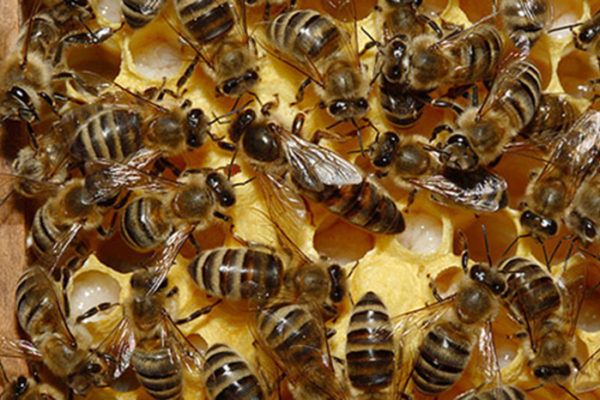Ignorance is sometimes bliss
Evolutionary biologist W.D. Hamilton predicted that organisms ought to evolve
the ability to discriminate degrees of kinship so as to refine their ability to direct help to individuals with whom they shared the most genes. But two WUSTL biologists point out that there seem to be many cases where “a veil of ignorance” prevents organisms from gaining this kind of information, forcing them to consider a situation from the perspective of all members of their group instead of solely from their own perspective or that of their close kin.
Cheating — and getting away with it
We would all like to believe that there is a kind of
karma in life that guarantees those who cheat eventually pay for their
bad behavior, if not immediately, then somewhere down the line. But a
study of a new gene in the amoeba Dictyostelium discoideum suggests that, at least for amoebae, it is possible to cheat and get away with it.
Close family ties keep cheaters in check, study finds
Any multicellular animal poses a special difficulty for the theory of evolution. Most of its cells will die without reproducing, and only a privileged few will pass their genes. Given the incentive for cheating, how is cooperation among the cells enforced? In the Dec. 16 issue of the journal Science, Washington University in St. Louis biologists Joan Strassmann and David Queller suggest the answer is frequent population bottlenecks that restart populations from a single cell.
Science explores random acts of kindness
Fairness and cooperation among strangers depends on more than evolution, according to a new study published in the current issue of Science magazine. “Historical factors such as religion, commerce and punishment play a role,” says Carolyn Lesorogol, Ph.D., study co-author and associate professor at the Brown School at Washington University in St. Louis.

